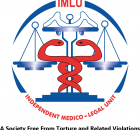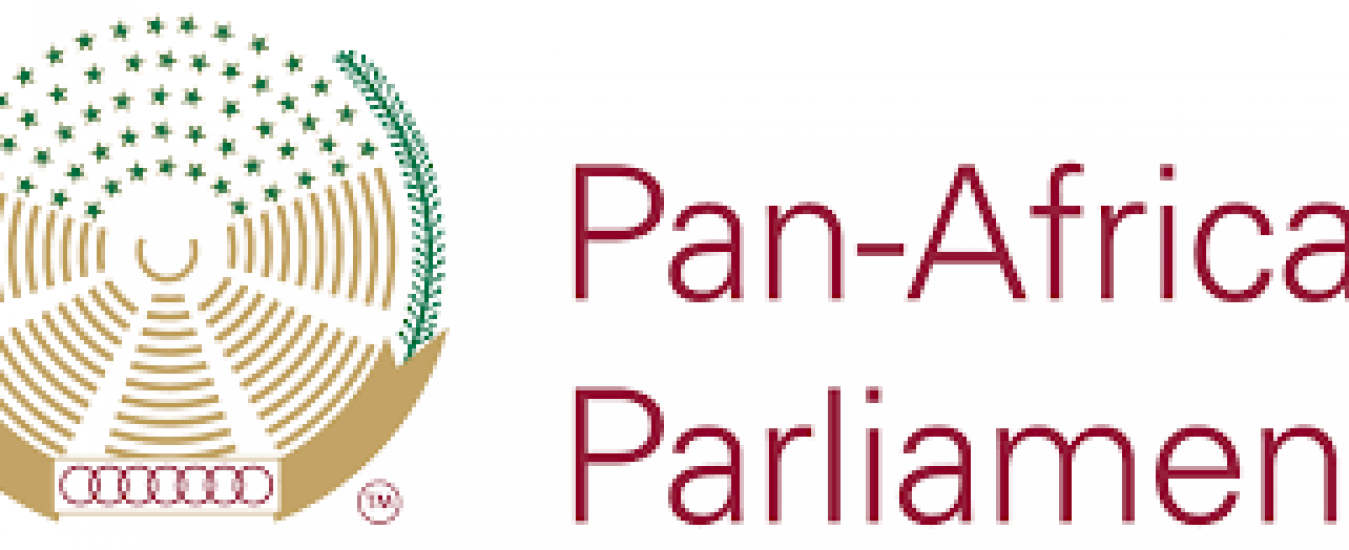By Isabella Obara
The right to be free from Torture is firmly established under international law. Further, it is rooted in international humanitarian law, international criminal law and customary international law.
It is under this framework that the Regional Human Rights Systems continue to make significant contributions to the addressing of issues of Torture in Africa. Based on this system, the African Union established the Pan-African Parliament, African Commission on Human and People’s Rights and the African Court on Human and People’s Rights to address Human Rights issues and Torture issues respectively.
It is in this vein that IMLU has continued to engage at the regional level especially at the African commission in reporting. Whilst engaging the Commission, IMLU has explored new frontiers to broaden its accountability and police reforms work. As a result, IMLU engaged in the very first Civil Society Organizations (CSO) and Pan-African Parliament (PAP) meeting in Midrand, Johannesburg.

From left to Right; Isabella Obara-IMLU’s Technical Lead Litigation and Legal Advice and Ms. Bonolo Makgale Programme Manager (Democracy Unit) Centre for Human Rights
The CSO meeting as organized and conducted by the Centre for Human Rights -Pretoria was conducted through interactive plenary sessions in which various experts and civil societies made technical presentations. During the sessions, participants had an opportunity to engage with the various topics and formulate their observations, comments and recommendations. The observations were reduced into a paper that was submitted to the Pan-African parliament.
The meeting sought to achieve the following objectives. To:
- Engage in high-level discussions regarding Africa’s challenges surrounding conflict;
- Explore the geopolitical implications of conflict occurring within the African continent with specific focus on identified states;
- Unpack the role civil society plays in violent conflict scenarios;
- Understand the role of PAP Committee on Cooperation, International Relations
- And Conflict Resolutions serves in identified conflict scenarios;
- Discuss the threatening implications of conflict towards the values and processes of democracy;
- The implications of violent conflict on AU 2063 Agenda
African states have key essential tools viable in matters governance but have opted for torture instead. The outright refusal by states to ratify key international laws and the tactful laxity in meeting the requirement to exercise due diligence to protect persons from acts causing severe pain or suffering requires continuous high-level advocacy and engagement that IMLU continues to participate in.

